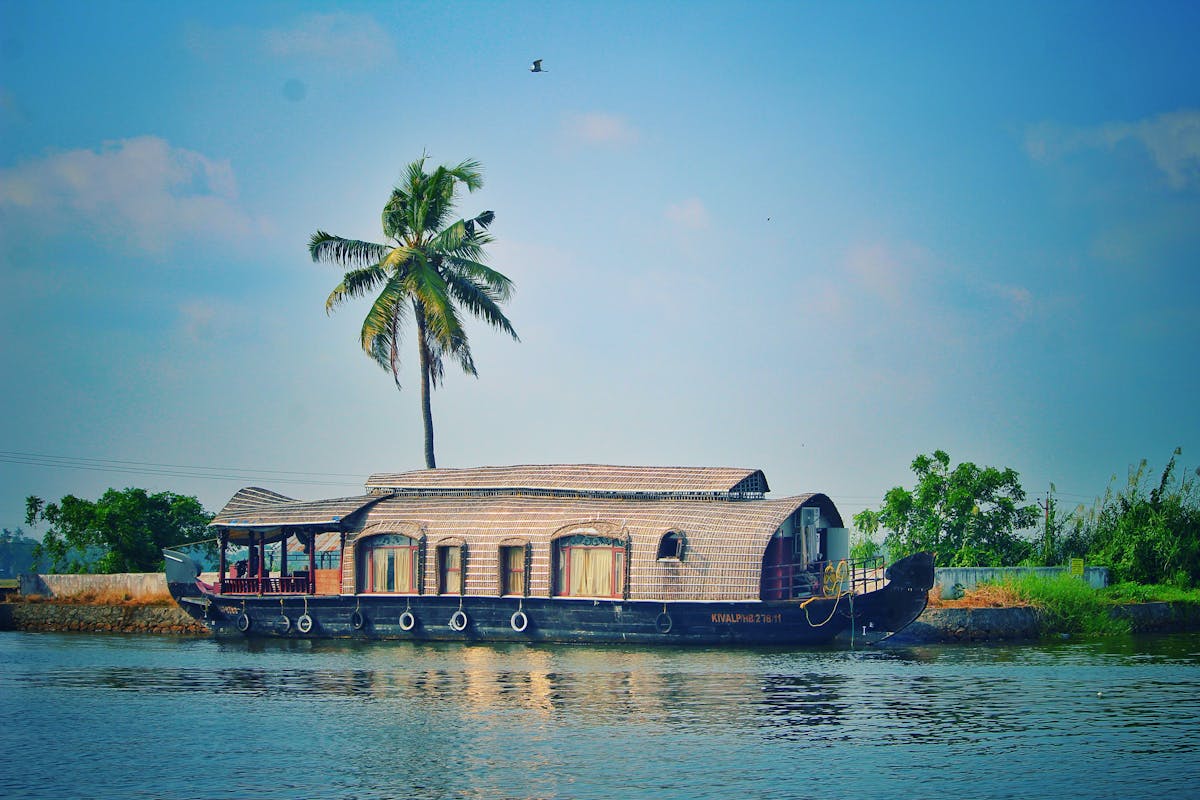


Skift Take
— Bulbul Dhawan
India’s travel and tourism sector has recovered significantly, according to a new report from the World Travel and Tourism Council (WTTC), but international travel spend in India continues to remain below pre-Covid levels.
The WTTC report revealed:
Consulting firm McKinsey and Company had earlier projected that India will become the fourth-largest domestic travel market in terms of spending by 2030.
Online travel agency EaseMyTrip co-founder Rikant Pittie agreed with the WTTC report. He said, “Domestic travel and the tourism sector, in recent times, has become the backbone of India’s economic growth, especially with the government’s focus on promoting India as an equivalent to a global destination.”
According to recent data from aviation analytics firm OAG, India is now the third-largest domestic aviation market, after the U.S. and China. India’s domestic air passenger traffic in 2023-24 also surpassed pre-Covid levels,
Earlier this year, Hyatt Hotels CEO Mark Hoplamazian also spoke about his company’s focus on India, specifically its domestic travelers. “The country’s leisure travel market is primarily driven by Indians traveling within India and discovering the country,” he said.
“The Indian market started seeing a rebound since the end of last year with the leisure hotel segment leading the way. Especially post Covid, India inbound became the buzzword. Indian travelers also started finding India more appealing due to the joint effect of increased marketing efforts and high international airfares,” said Arindam C Bahel, general manager of The Fern Brentwood Resort, Mussoorie.
According to the WTTC report, the tourism industry in India is projected to be ahead of 2019 by the end of this year across four metrics: Contribution to Indian economy, employment, domestic visitor spending, and international visitor spending.
It estimates that:
There are risks to these projections, however: During the peak domestic travel period in summer, a record number of travelers left due to the heatwave in North India. The extreme weather condition also led to a nearly 40% decline in sale of inbound flights in May from April 2024.
Despite these strong projections from WTTC, Sarovar Hotels and Resorts managing director Ajay Bakaya has shared a different perspective.
“2023 was a phenomenal year. Our domestic tourists went up everywhere we were operating. We have seen changes in 2024. We had a really good first quarter from January to March, and April witnessed reasonable growth. But we have some places that have seen a decline in May and June. It could be the elections, but the results were far below expectations and budgets,” he said, adding that he hopes for it to be a short-term blip.
Bakaya also shared that while the overall tourism sector in India has been performing well, the picture is not so favorable for hill stations. “All across Uttarakhand and Himachal Pradesh, tourism this year has been below 2022 and 2023 levels. The reason is that our outbound travel is now healthier and stronger due to more options, easier visas, and more economical flights.”
He believes that in the long-term hill stations will go back to pre-Covid levels of reasonable business, but won’t witness a booming business. Goa, he explained, is also not seeing the growth that it should as probably the top tourism destination in India. “So, the picture is very good and very positive, but it is not all hunky dory. We’ll have some challenges before we scale the peak,” he said.
Meanwhile, international inbound is lagging. And India has slashed its global tourism promotion budget by 97%.
Bakaya said, “We’re all pinning our hopes on what happens starting October 2024 (the inbound tourism season in India), but so far we have seen very little inbound travel. It has been disappointing.”
Photo Credit: According to the WTTC report, the tourism industry in India will be ahead of 2019 by the end of 2024.